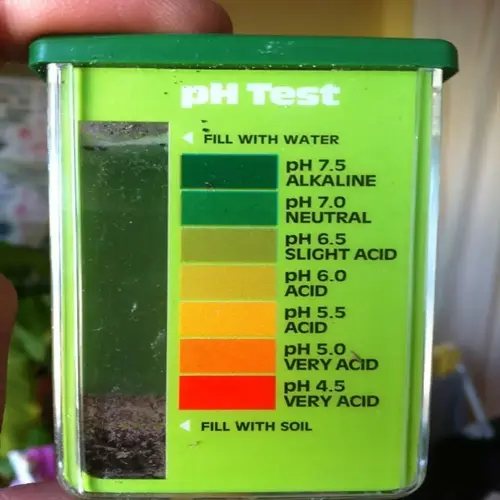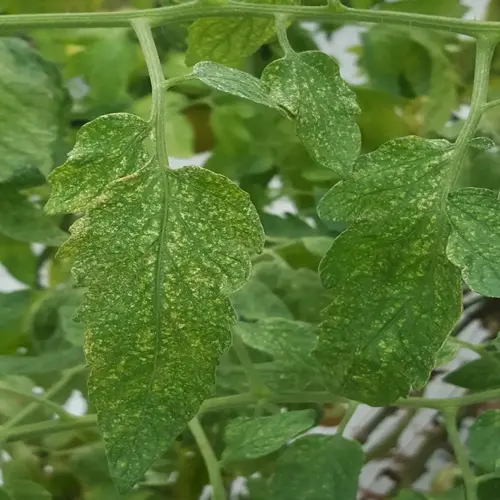Is perlite safe for succulent soil mixes?

Written by
Tina Carter
Reviewed by
Prof. Martin Thorne, Ph.D.Perlite is one of the stars of succulent soil mixes for the simple reason that it's made of volcanic glass that expands when heated, creating innumerable air pockets. Your succulents require good drainage and aeration of their roots, which can be achieved under ideal circumstances with perlite. Unlike dense materials, perlite is non-compactionable and does not restrict root growth. It is also completely sterile and pH neutral.
Safety Profile
- Natural volcanic glass without chemical additives
- Non-toxic and sterile preventing pathogens
- Rinse dust before use to avoid respiratory irritation
Drainage Enhancement
- Creates permanent air channels in soil
- Prevents waterlogging even in heavy rains
- Combines well with coarse sand for optimal flow
Root Protection
- Maintains consistent moisture without saturation
- Prevents root rot in humidity-prone regions
- Allows oxygen circulation around delicate root hairs
To reap the greatest benefit from perlite, it must be properly prepared for mixing. Rinse it with water before mixing. Wear a dust mask while handling perlite. Mix with coarse sand in a 2:1 ratio and use a 40-60% perlite ratio in your mix, according to your climate. The greater the humidity, the more perlite in the mix if you live in a dry area, the less perlite in the mixture.
Perlite visibly improves plant health. Roots get denser and whiter in a few weeks. Plants naturally exhibit brighter colors in response to stress. Growth is compact and strong. My echeverias doubled in size after switching to a perlite mix. Your succulents show similar increases.
Addressing the minor drawback of perlite is easy. Its white color possibly turns gray, but it will still perform its function of aeration. Perlite will float to the top when watered. To avoid this, cover with gravel. It should be replaced every two years, as it tends to deteriorate over time. With continuous maintenance, soil can remain productive for an extended period.
Read the full article: Ultimate Succulent Soil Mix Guide

